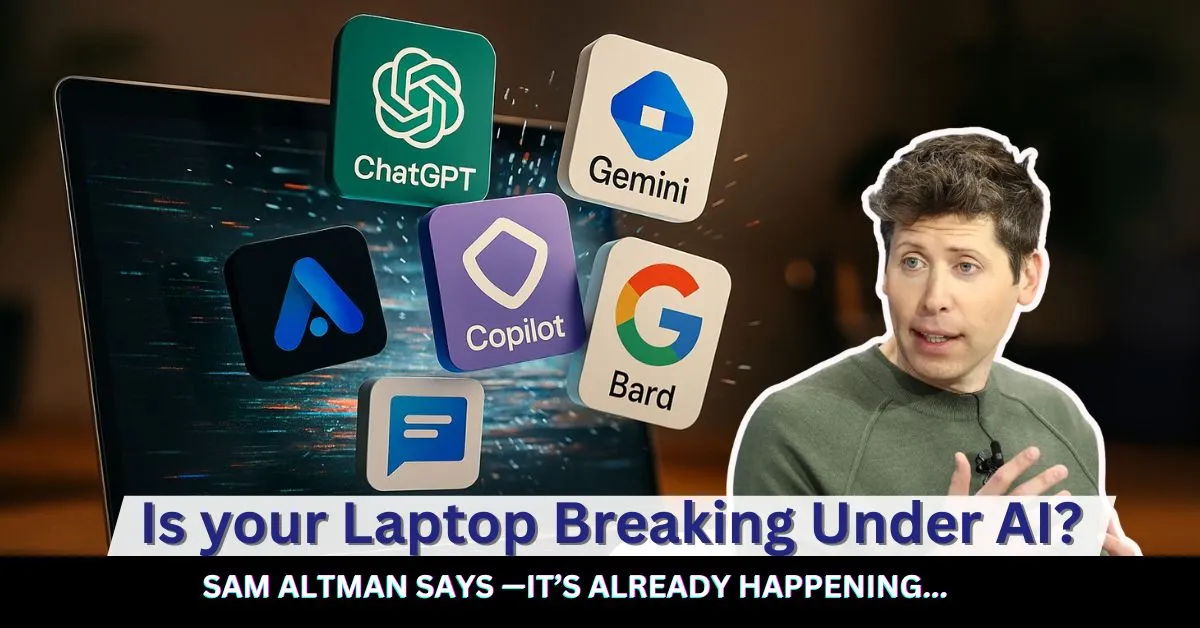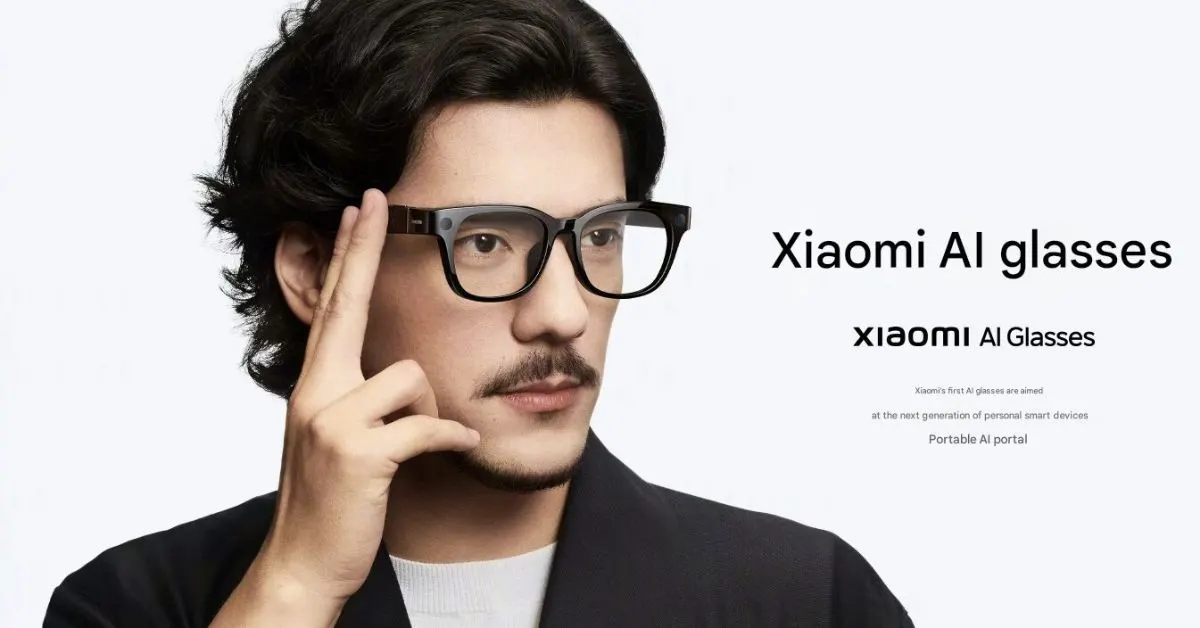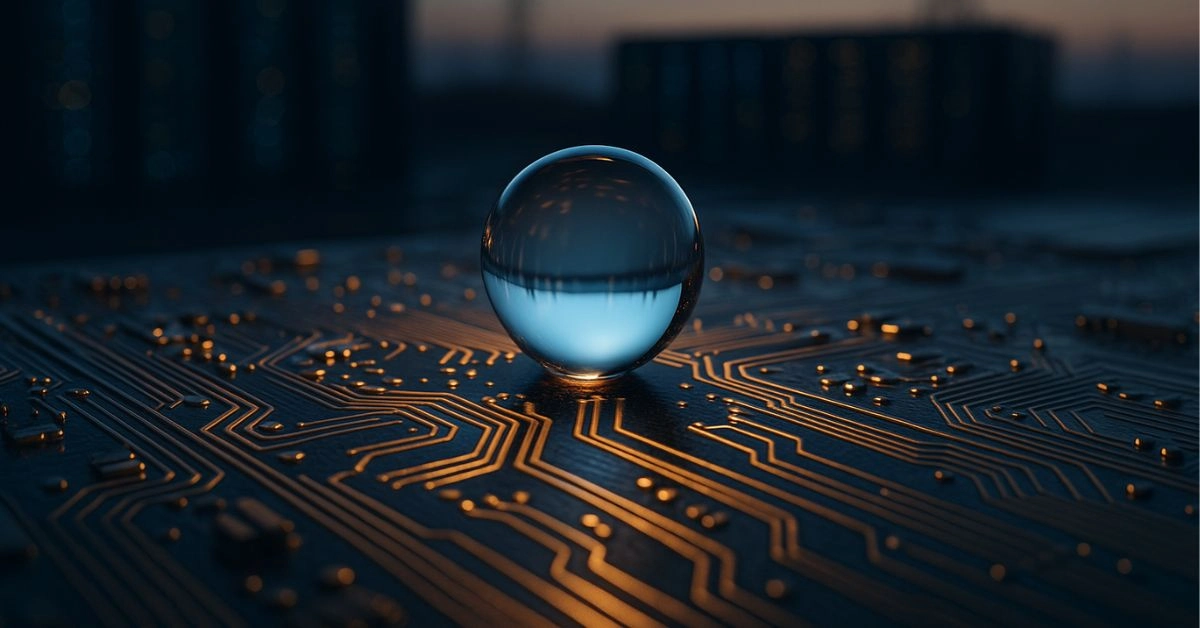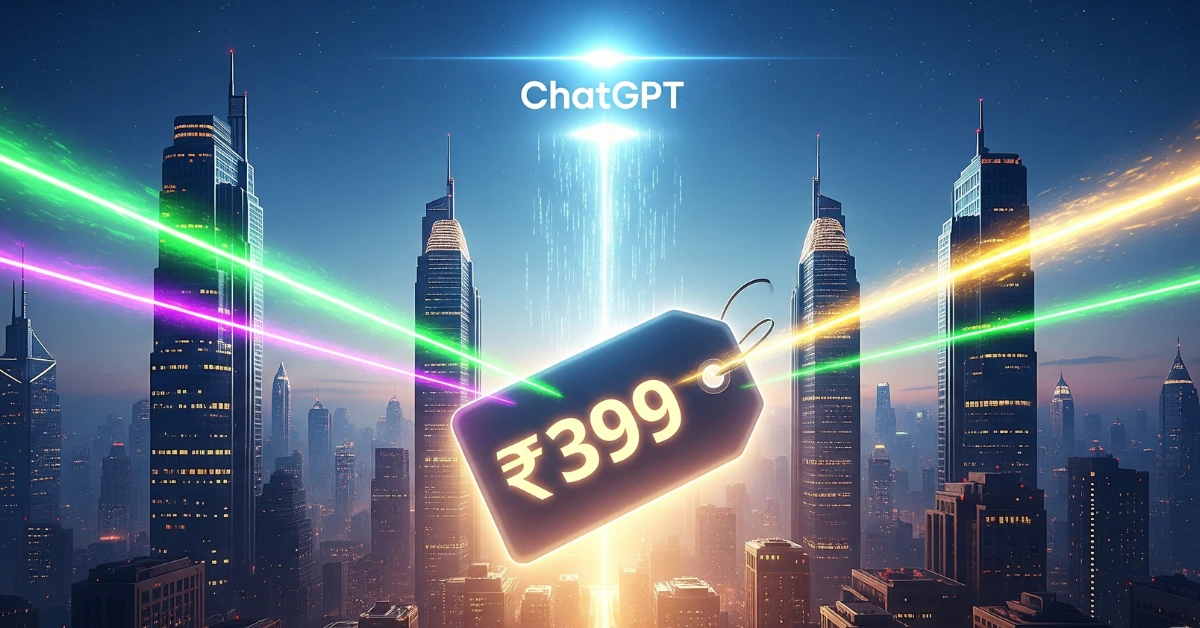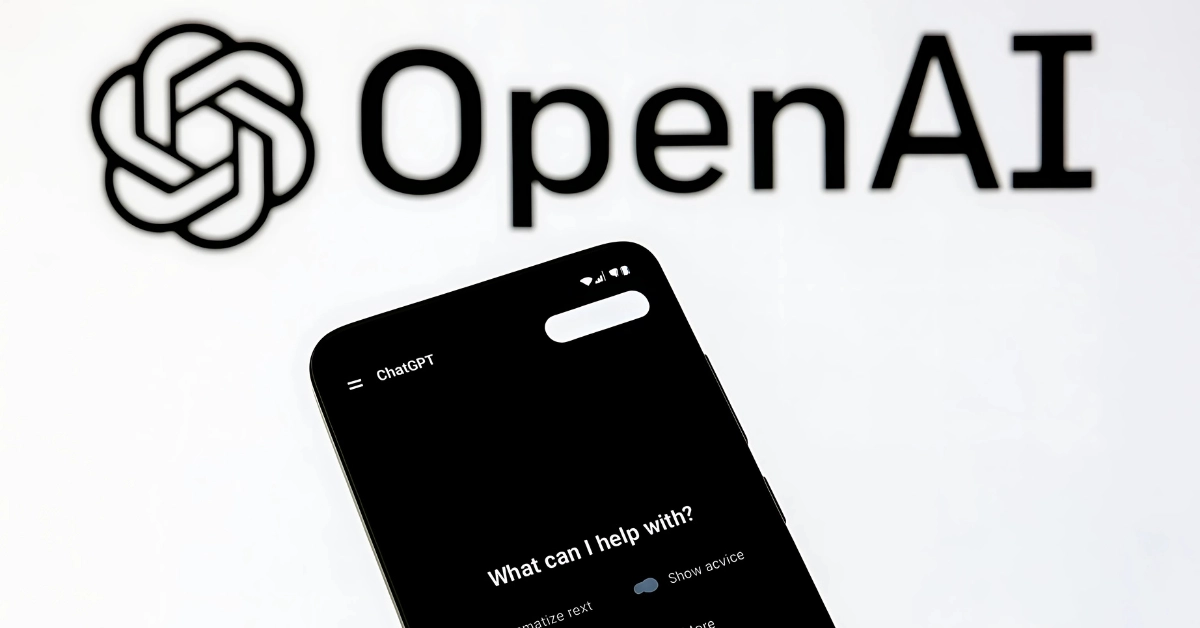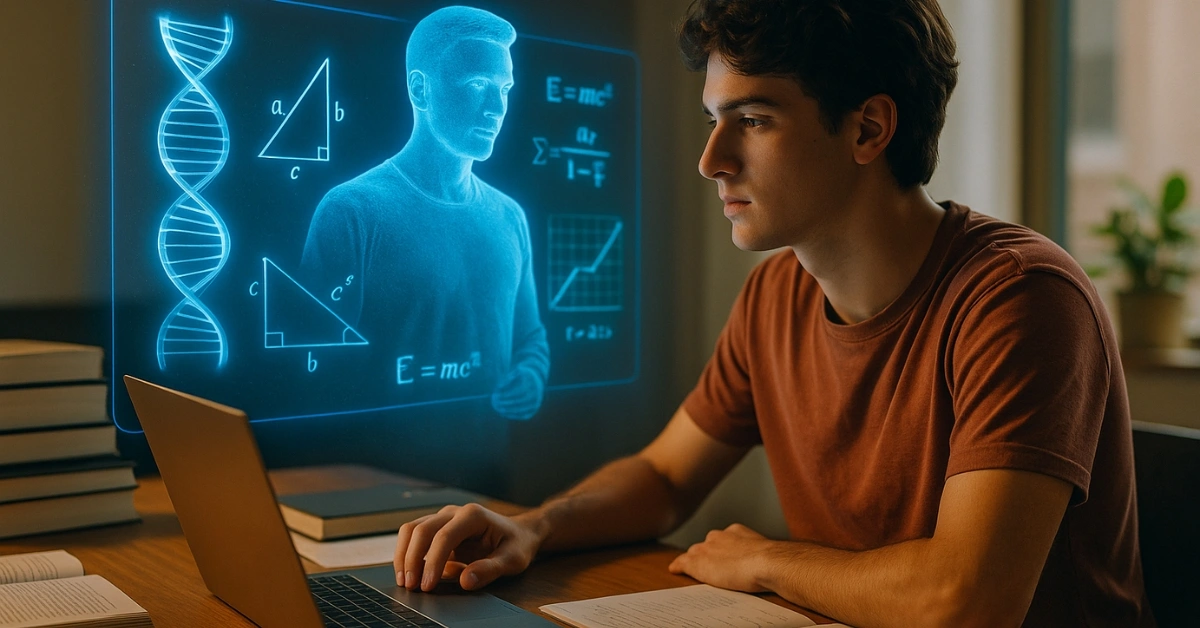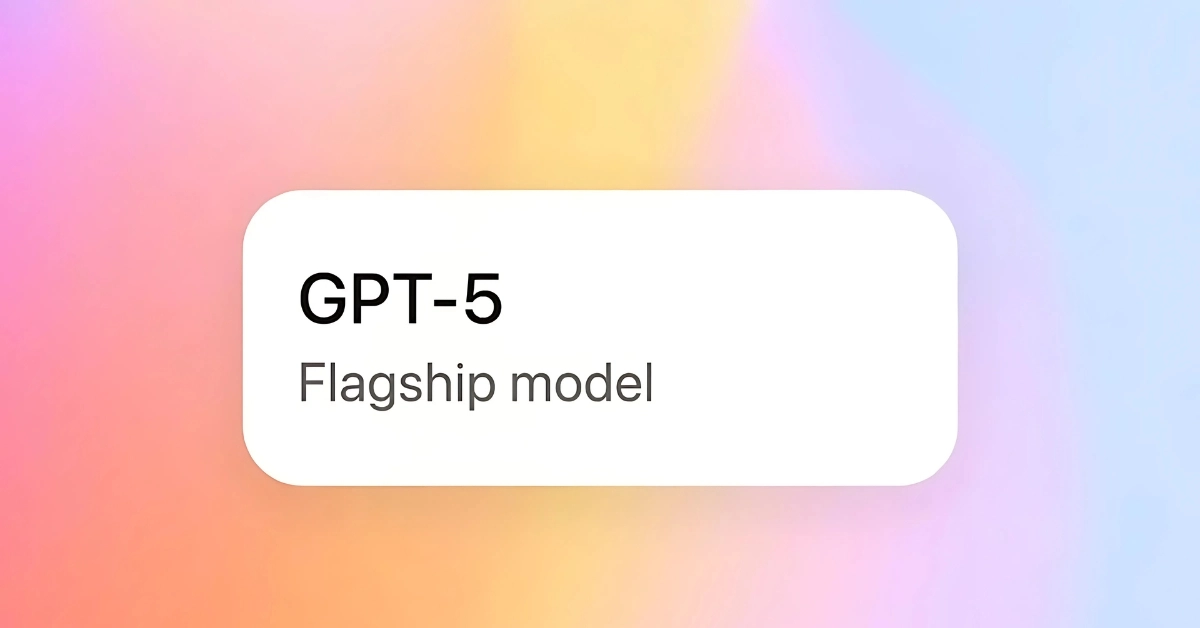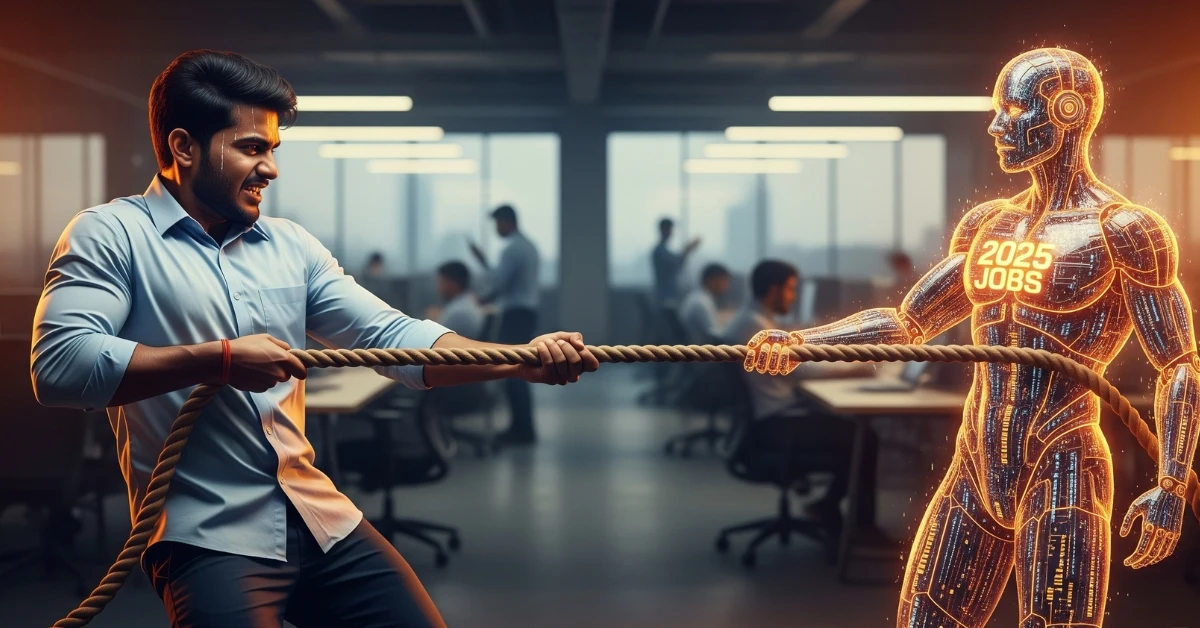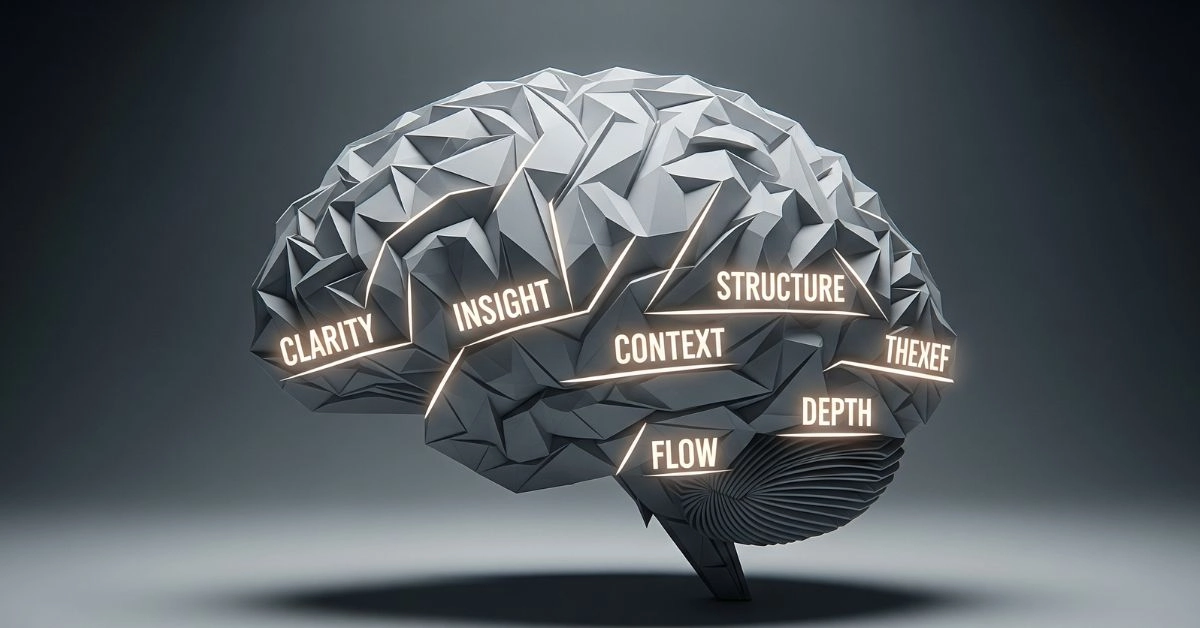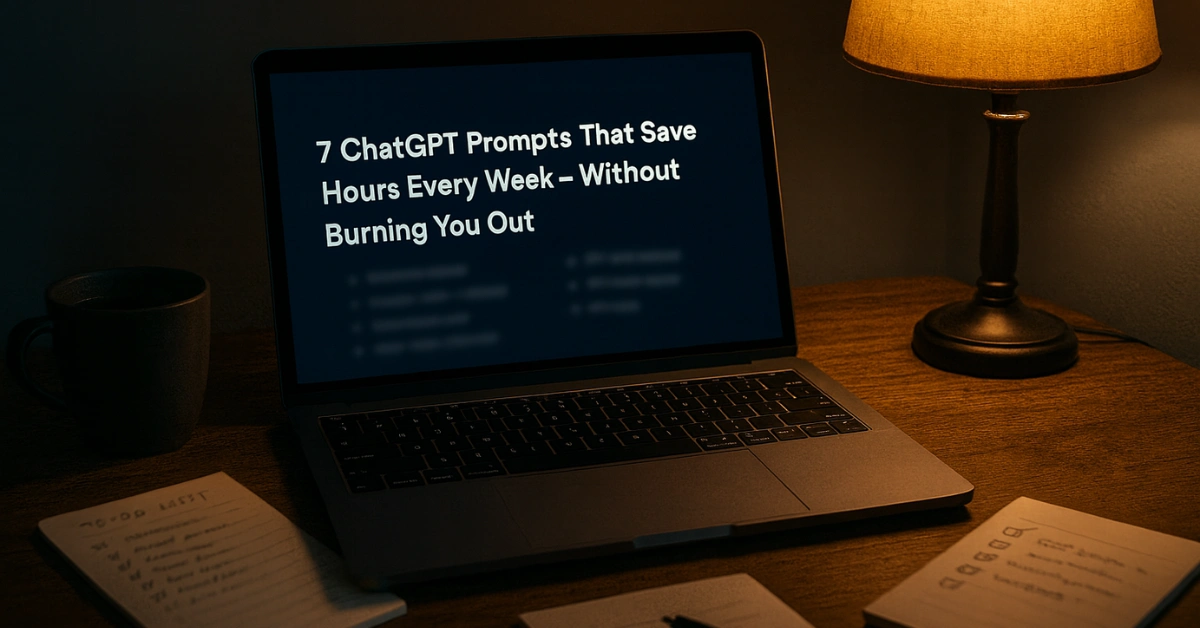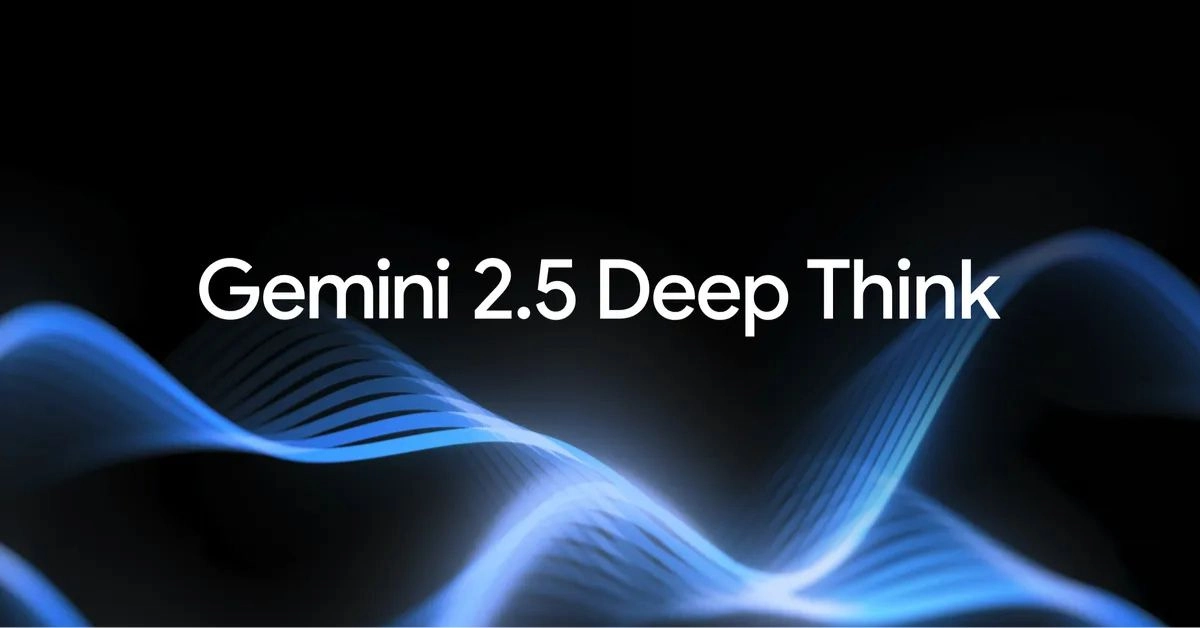Just months ago, Sam Altman said we wouldn’t need new devices to use AI. Now he’s telling us that the laptops we use every day are already falling behind. What changed? And why does OpenAI suddenly care so much about hardware?
This shift isn’t just about specs or performance. It’s about who controls the next generation of technology — and whether the tools we rely on are built for what’s coming.
Altman’s Laptop U-Turn: From Confidence to Caution
Not long ago, Altman was sure artificial intelligence would work just fine on existing laptops and phones. He saw no reason to rethink the hardware. But now, in a conversation on his brother Jack Altman’s podcast, he says the opposite. According to him, today’s devices were built for a world without AI, and that gap is growing too fast to ignore.
He’s not talking about minor upgrades. He’s pointing to a fundamental disconnect between current machines and the kinds of intelligent systems being built today. And that’s a major reversal from the company leading the AI charge.
Why OpenAI Can’t Ignore Hardware Anymore
This shift in attitude isn’t coming out of nowhere. Across the tech world, companies are running into the same problem — our current hardware simply isn’t built for real-time AI workloads.
From voice agents to generative video, AI tools are demanding more power, context, and memory than standard laptops can deliver. Even Google CEO Sundar Pichai has echoed the same warning: artificial general intelligence will not run on yesterday’s machines.
For OpenAI, the pressure is real. If users want smarter tools, AI future laptops will have to meet the moment. That means designing devices that are not just faster, but smarter about how they sense, respond, and assist.
The Next Laptop Might Not Look Like a Laptop
Altman’s comments go beyond hardware specs. He’s hinting at a new kind of interaction — one that doesn’t depend on a screen or keyboard at all.
The future of computing could be ambient. Devices may understand voice, track movement, or even sense emotion. They won’t wait for commands. They’ll work in the background, adapting to context and acting before you ask.
This isn’t science fiction. It’s the logical next step. And it means AI future laptops may not resemble the devices we’re using today. They could be smaller, more subtle, and far more personal.
Is OpenAI Secretly Building the First AI-Native Device?
There’s growing speculation that OpenAI is already developing its own hardware. Reports suggest Altman is working with Jony Ive, the man behind the iPhone, and SoftBank’s Masayoshi Son to create an AI-first consumer device.
If true, this would be OpenAI’s biggest step outside the chatbot space — and its first real move into product territory. It would mark a shift from cloud-based tools to physical, AI-integrated machines that fit seamlessly into our lives.
This wouldn’t be just another smart assistant or laptop. It would be a redefinition of what personal computing looks like in the AI era.
Big Tech Isn’t Sitting Still Either
While OpenAI shapes its hardware vision, Microsoft and Apple are already deep in the AI device race. Microsoft has launched its Copilot+ PCs, which come with new neural chips designed for AI workloads. Apple is rolling out Apple Intelligence across its ecosystem, aiming to blend on-device privacy with smarter performance.
The message is clear. Everyone knows that the next interface — whether it’s voice, touch, or presence — will decide who dominates the AI age.
And that battle is no longer happening just in the cloud. It’s happening on the machines we carry, wear, or live with.
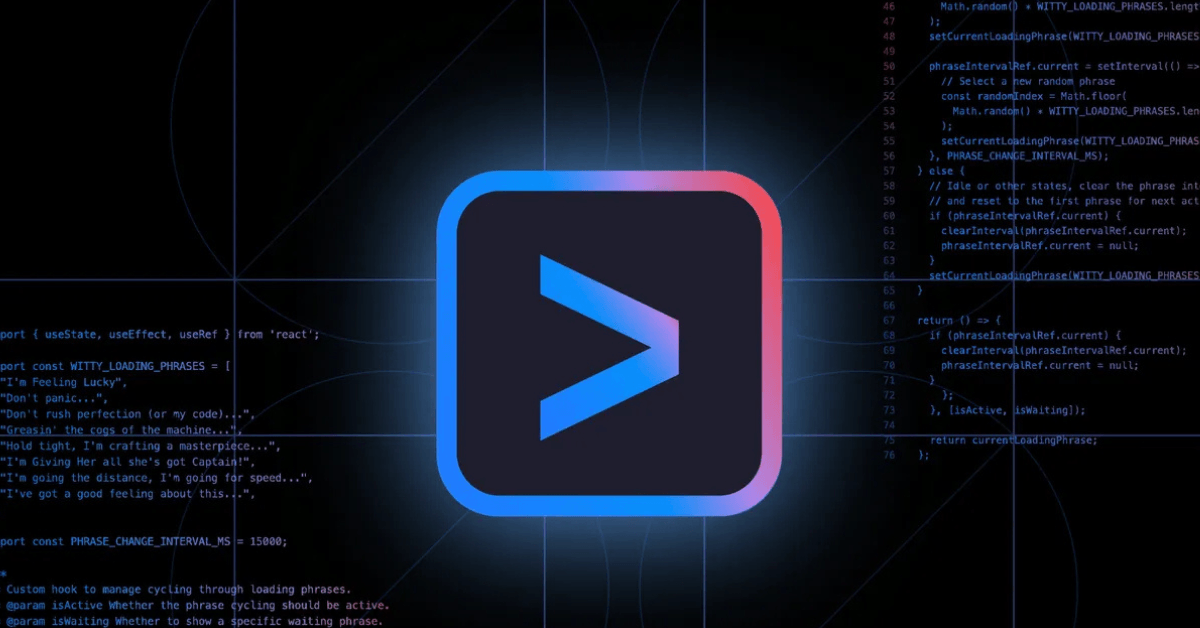
Final Thoughts
Most people don’t care what kind of chip is in their laptop. They care if it works. They want it to feel fast, easy, and helpful. But when the CEO of OpenAI says your current device is already outdated for what’s coming, it’s probably worth listening.
We’re not just talking about a new product launch. We’re talking about a shift in how technology fits into daily life. The AI future won’t wait for us to catch up. It’s already shaping how we communicate, learn, and make decisions.
So no, you don’t need to throw out your laptop tomorrow. But it might be time to look around and ask yourself a harder question.
Are your tools built for the world we live in — or the one that’s already arriving?

